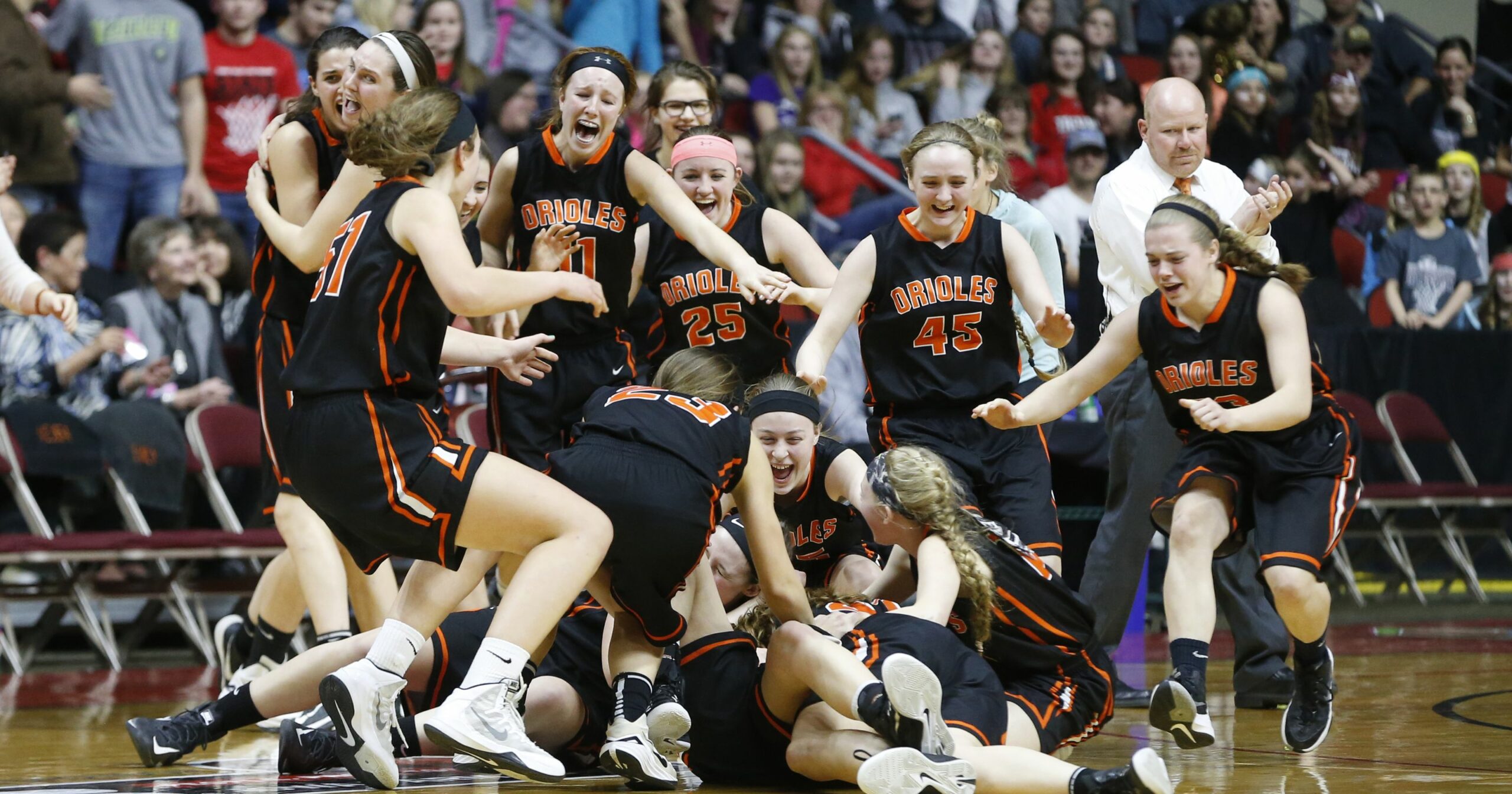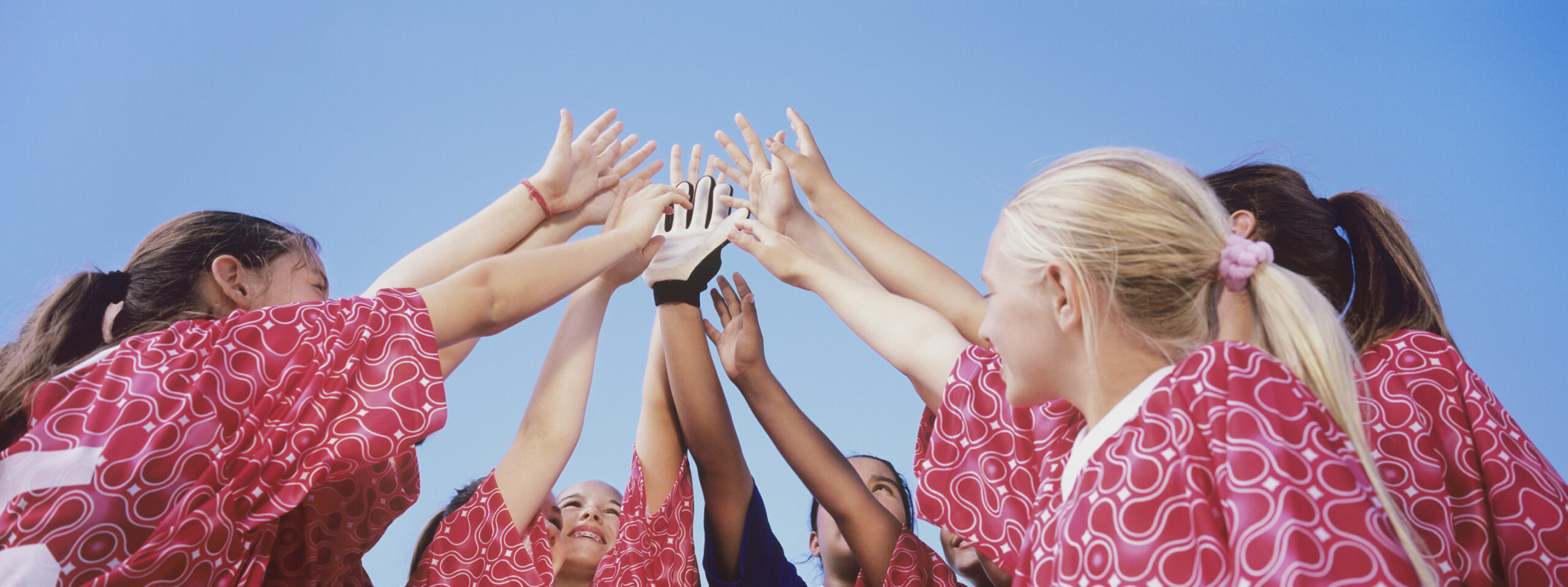Dear Mom and Dad
I wanted to start this letter by saying I love you, and I know you mean well. I appreciate all the time and energy you put into taking me to my games and practices, and I know you sacrifice a lot to do it. I also appreciate when you try to help me get better by pointing out the things I do wrong because I know you know a lot about soccer. But we really need to talk about the ride home after games.
Yesterday’s soccer game was amazing I thought. We had a great first half and scored three goals, and the other team had a great second half and tied it up. When we came back and won 4-3 in overtime, it was awesome. It was one of the most exciting games ever. I have never yelled so loudly when a goal went in. Did you see my teammates and I after in the big pile on? Did you see coach throwing around hugs and high fives? Did you see me smiling and laughing with my friends?
Then I saw dad.
He was furious. When I made eye contact with him, he gestured with his head and mouthed “into the car, now.”
At that moment, all the excitement and happiness was gone. I actually wished I was driving home with a friend.
When we got in the car, dad started right away. “What were you guys doing out there today? Is this some kind of joke?”
“Dad, I don’t want to talk about it.”
“We are going to talk about it Bobby,” Dad said. “I have been driving back and forth to practices and games, and then you go out there today and do absolutely nothing. If you don’t pick it up and get serious, we can find you another team so you can mess around with your friends.”
I just stared out the window as Dad continued to tell me all I had done wrong, how my coach was putting in the wrong players and letting weaker kids play too much, and on and on. I stopped paying attention after a while. Couldn’t I enjoy the most exciting win ever for a few hours at least?
Sometimes when I get in the car after a game I want to talk about it. If I bring it up, I am asking you to give me advice or tell me how I did. Other times I just want to relax. When we lose I already feel lousy. When we win I know that sometimes I didn’t have a great game, but I would still like to feel good for awhile. Can’t we talk about the bad things after dinner or the next day? Why do we have to talk about it when you guys are angry?
You guys come home from work and tell me you are too tired or you had a bad day and you don’t want to talk about stuff. Why isn’t it OK for me to feel the same way after a game? Why do you think I don’t care if I say “can we talk about this later?”
Mom and Dad, I sure love sports, but it seems like my sports make you guys angry more than they make you happy. They certainly make you mad at me more than anything else I do. Maybe it would be better if I just didn’t play anymore so we could go back to being happy all the time. What do you think?
Your son,
Bobby
____________________________________________________________________
Note from John O’Sullivan: While this letter is fictitious, it speaks to an alarming truth. The ride home after the game is a moment many children recall as some of their worst memories in youth sports. They are physically and emotionally exhausted. They are hungry. They are ready to move on, win or lose. Some want to chat a bit about the game, while others just want to sit quietly, read a book, or chat with their friends. This has nothing to do with whether your kids care about the result, or whether they are competitive or not. When you have a bad day at work, and your significant other wants to talk about it and you say “not now, I just want to forget about it,” how does it make you feel when he or she keeps pushing? This is similar to the ride home for kids after games.
Parents often decide that the ride home is going to be a teachable moment. They have guaranteed face time, and it is time for a debrief and a rehashing of the good, the bad, and all too often, excruciating details about the ugly. They fail to take into account their child’s state of mind, and whether he or she actually wants to talk about the game. They do not give themselves time to relax and get less emotional about the conversation. Honestly, there could not be a less teachable moment in your child’s sporting life than the ride home, yet it is often the moment that well-intentioned parents decide to do all of their teachings.
And this is where it all goes sideways.
Parents, we are not bad people. The vast majority of parents I have met are amazing, well-intentioned and are simply are giving feedback because they want to help. The game is fresh in the mind, so let’s talk about it, right? If we are ready to teach, shouldn’t our child be ready to learn? That’s what this dad thinks in this great new video from True Sport in Canada:
The father in the video without a doubt loves his son. He wants his son to do well. He sees things his son could do better. He wants him to be more focused and serious. These are all well-intentioned thoughts. But is this the right place to express them? The answer is no.
In 2015 researcher Dr. Samuel Elliott from Flinders University published a study of 12-13-year-old children playing Australian Rules Football. He found that most parents and children engaged in a debrief after the match on the ride home. The parents, for the most part, believed that being critical task-masters post game was an important part of their role, but when asked whether they considered their child’s state of mind before delivering their assessment, they said no. The most upsetting times, according to the research, was when games were either blowout wins or blowout losses. In other words, kids either felt really good, and hated being brought down, or felt lousy and didn’t need to be made to feel worse. Ultimately, Elliott found that while poorly timed debriefs did not explicitly make kids quit, it did lessen enjoyment and ownership of the experience, two critical ingredients in sports participation.
Mom’s and Dad’s, we all have a Bobby or a Susie in our lives. Take a moment and ask your kids if they want to talk about games on the ride home. Take a moment and consider your emotional state, as well as that of your child, and ask yourself if there is a better time to have the conversation. Ask your child, regardless of age, if there is a better time to have this conversation.
Please make the ride home a safe place for our young athletes, and they will repay us with greater enjoyment and love of sport. The alternative is that sport becomes something to be feared and avoided, and that can have devastating consequences.
Let’s give the ride home back to our kids. I promise you will be glad you did.
Source:
Samuel Elliott and Murray Drummond. “Parents in youth sport: what happens after the game?” Sport, Education and Society, May 6, 2015













Comments